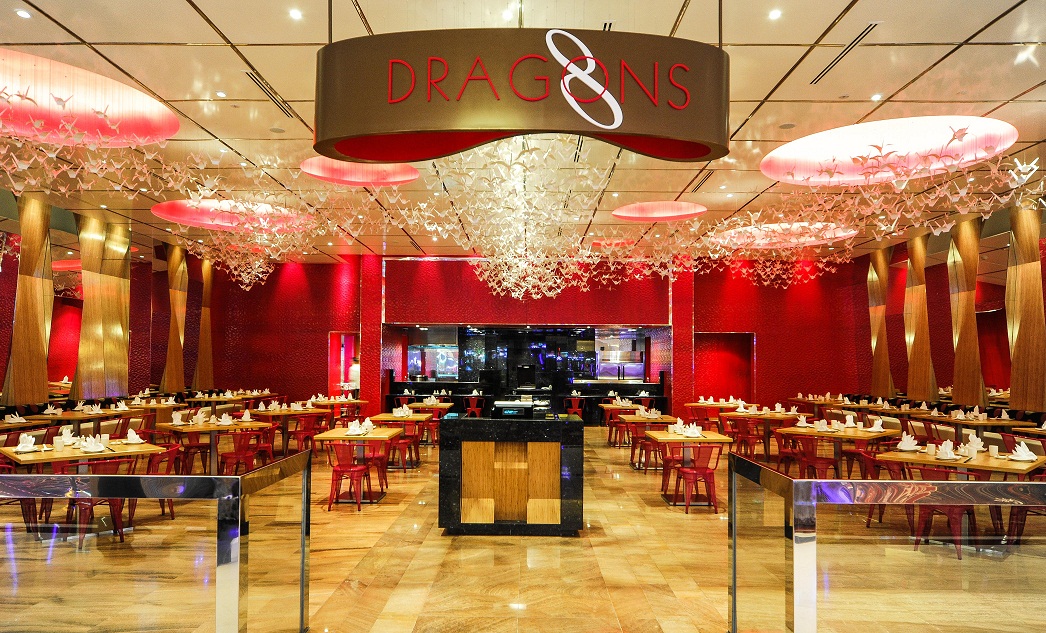Roadblocks to Vietnam Gambling Developments Have Critics Skeptical
Posted on: August 14, 2013, 05:30h.
Last updated on: October 26, 2021, 05:25h.

It’s no secret that Asia is considered the biggest growth market in the casino industry. Macau is, of course, the biggest gambling hub in the world, while Singapore and the Philippines have become prized destinations for gambling developers as well. Even Russia has become determined to place casinos on its Asian borders in order to cash in on the market.
Does Vietnam Have What It Takes?
Now, the nation of Vietnam has hopes of becoming the next major destination in the Asian gambling world. However, many experts feel that the country isn’t quite ready to see the gambling results enjoyed by its more successful neighbors.
To be certain, Vietnam already has casino gambling. There are now six casinos in the country, including the new Grand – Ho Tram Strip, which just opened in Vung Tau. It was part of a new tourist development that cost more than $4 billion to create and which is designed to attract foreign visitors.
But industry experts say that there are several reasons why Vietnam will struggle to attract the kind of gambling tourism other Asian nations have enjoyed.
One major issue is the minimum investment threshold required to build in Vietnam. In both Macau and Singapore, there’s no minimum investment required: if you can fund a project, you can get it done, even if it is small in scale. The Philippines has a $1 billion threshold, but that only exists for projects in Manila; elsewhere in the country, no minimum investment exists.
Huge Investment Requirements Are Deterrent
But in Vietnam, there’s a minimum investment of about $4 billion on casino projects. This is a prohibitive cost for developers: while many international casino companies are very interested in building in Vietnam, the cost is just too high for what feels like an uncertain market. The investment looks even more dangerous when considering that Vietnam – like many nations in the region – bars its own citizens from entering casinos, meaning they are for foreign gamblers only.
Even worse, it appears as though Vietnam’s regulatory framework is murky at best.
“On top of the lack of a critical mass market, Vietnam does not have a proper gaming regulatory environment yet,” said Ben Lee, a managing partner at a management and consulting firm in Singapore. “Why would banks lend to massive projects when the developers can’t even show the right documentation in terms of licenses [or] ability to transfer funds?”
The Vietnamese government had hoped that the casinos would help drive tourism. But so far, they have failed to largely impact the country’s tourism industry, which has minimized their benefits to the provincial governments who had hoped they would provide both jobs and revenues.
A lack of communication has also been a major issue. In one recent case, provincial officials in Ha Giang announced that investors could submit bids for a casino project on Dong Van Plateau. But later, higher-level officials said they had no information about a casino project in the area.
“Sometimes local authorities take any project proposal without careful consideration of its sustainability,” said Trinh Le Nguyen, executive director of a local conservation group.
One move that could attract more investment would be a change in laws to allow Vietnamese gamblers to participate in local casinos. In fact, that’s what some foreign operators have been lobbying for, as Vietnam has a population of 90 million with a strong gambling culture. But so far, the Vietnamese government has been moving in the opposite direction, recently passing a law that will fine casinos as much as $9,500 if they allow locals into their venues.